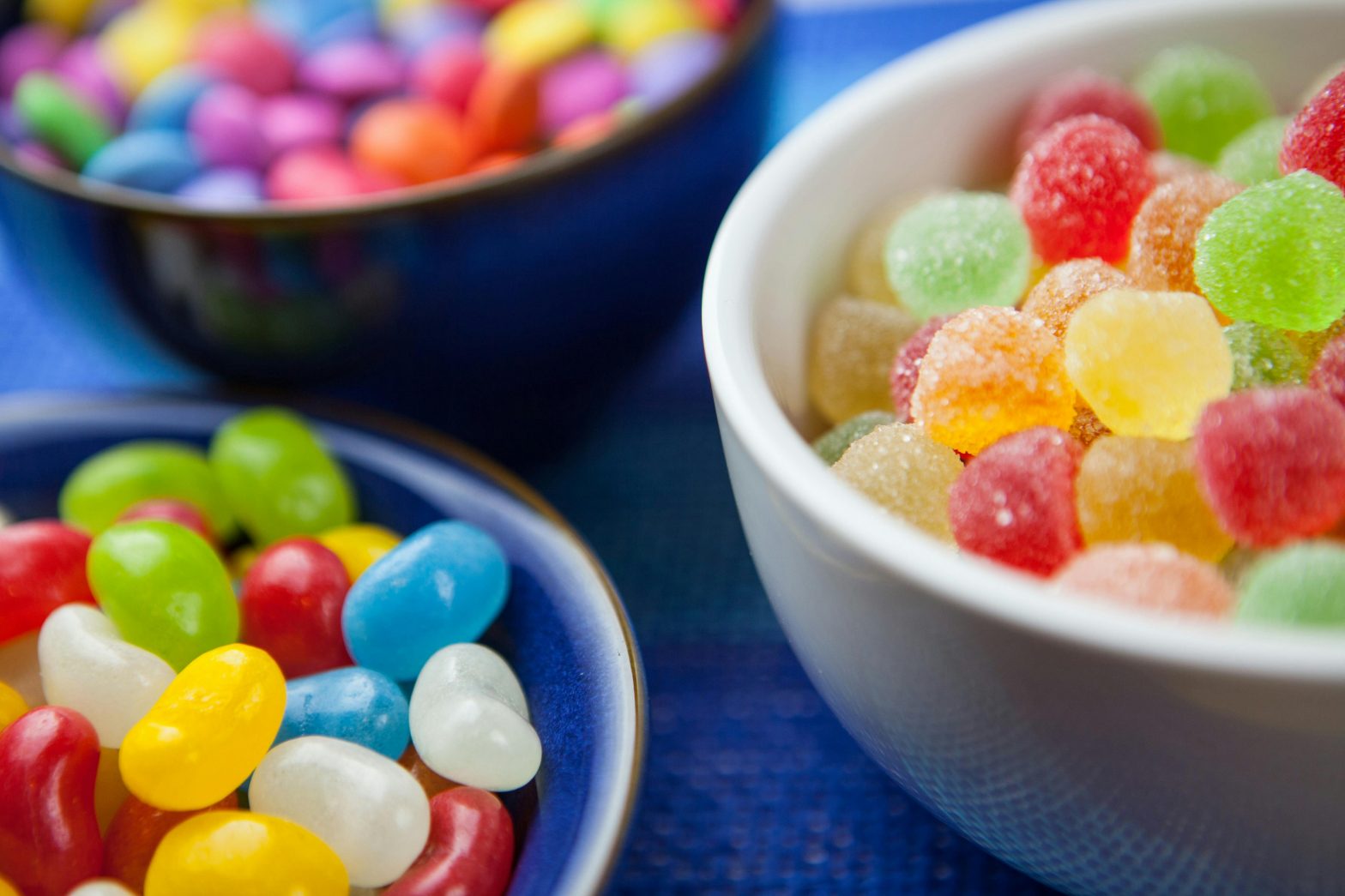Smart Parents Don’t Sugar-Coat It
Imagine this: You’re a loving mom doing all you can. Your 10-year-old, Jacob, is bright 💡and creative, but lately, he’s been zoning out at school, bouncing between moods, and struggling to stay focused. His teacher thinks he may have ADHD.
You’re wondering “Is it time to try medication?” 💊
But here’s something we don’t talk about enough:
Could it be the 100+ grams of sugar Jacob is consuming every day? 🍩
⬜⬜⬜⬜⬜⬜⬜⬜⬜⬜⬜⬜⬜⬜⬜⬜⬜⬜⬜⬜⬜⬜
Sugar: The Sweet Saboteur of Learning and Behavior 😠
The average child in the U.S. consumes 3–4x the recommended limit of sugar daily.
Yet the American Heart Association recommends no more than 25 grams (6 teaspoons) of added sugar per day for children.
Why It Matters?
• Sugar causes blood sugar spikes and crashes, leaving kids foggy, unfocused, and cranky. 😠
• It worsens anxiety and learning disabilities by disrupting neurotransmitters and gut-brain balance. 😟
• It leads to inflammation in the brain, making it harder to retain information and regulate emotions. 😒
• Sugar acts like a drug—in fact, in animal studies, sugar was more addictive than cocaine. 🤯
Let that sink in.
Kids Are Drinking Their Sugar Now 🥤🧃
One of the most dangerous and overlooked sources of sugar in a child’s diet is what they drink.
Kids are now drinking their sugar, and it’s adding up fast!
Drink & Grams of Sugar ⬜⬜⬜
20 oz. Gatorade 34g
12 oz. can of Coke 39g
Grande Starbucks Frappuccino 50g–70g
Medium drink from Swig or Dutch Bros (specialty soda) 50g–80g+
Energy Drinks (Monster, Prime, etc.) 27g–63g
That means your child could exceed their daily sugar limit before 9 AM—without touching a bite of food.
Sugar, Weight Gain & America’s Childhood Obesity Crisis ⚖️
Excess sugar doesn’t just impact behavior—it directly contributes to weight gain and childhood obesity.
🔹 1 in 5 children in the U.S. is now clinically obese, and nearly 1 in 3 is overweight.
🔹 Sugar is quickly converted into fat, especially in the liver, leading to insulin resistance, nonalcoholic fatty liver disease, and early signs of metabolic syndrome.
Even skinny kids with high sugar intake may carry visceral fat around organs and experience internal inflammation that can affect their brain and heart health. 🧠💗
🤯 What Sugar Does to Kids at School:
• Increased hyperactivity
• More emotional outbursts
• Worsened test scores and academic performance
• Increased anxiety and fatigue
• Risk of long-term physical and mental health issues
• Decreased attention span
🍭 Sneaky Sugar Bombs in “Kid-Friendly” Foods
Let’s Look at Jacob’s Typical School Day Diet
Breakfast:
• Frosted cereal + milk + granola bar 🥣
→ 65+ grams of sugar before 9 AM
Snack:
• Fruit gummies + yogurt tube 🫙
→ 20 grams more
Lunch:
• PB&J sandwich, chips, juice box, cookie 🍪
→ 45 grams more
Afternoon treat:
• Swig drink or Frappuccino🧋
→ 50–80 grams more
That’s over 150 grams of sugar before dinner. His body is inflamed, his brain is foggy, and his mood is a rollercoaster.
Sugar-Proof Your Kid’s Brain: What to Feed Instead
Smarter Swaps That Taste Just as Good
If you can’t overhaul the whole day, start with one change. Even adding certain foods can blunt the sugar spike and help your child feel better fast.
🍳 Breakfast Fixes:
• ✅ Scrambled eggs + fruit + whole grain toast
• ✅ Greek yogurt (unsweetened) + berries + chia seeds
• ✅ Smoothie with spinach, avocado, banana, and almond butter
🥪 Lunch Swaps:
• ✅ Turkey & cheese roll-ups + cut veggies + hummus
• ✅ Whole grain wrap with nut butter & banana
• ✅ Leftovers from dinner with water or milk
🍎 Snack Substitutes:
• ✅ Apple slices + almond butter
• ✅ Trail mix (nuts, seeds, dark chocolate chips)
• ✅ Boiled egg + fruit
🌟 Tip: Add protein or fat to every meal/snack to stabilize blood sugar.
Lunchbox Revival: Ending Sugar Spikes, One Meal at a Time
Don’t know where to start with healthy lunch ideas?
Check out this Back-to-School Lunch Round-Up from The Defined Dish:
👉 https://thedefineddish.com/back-to-school-lunch-round-up/
These meals are colorful, balanced, and kid-approved.
💡 You Don’t Have to Be Perfect
Jacob’s mom didn’t eliminate every treat overnight. She added eggs to breakfast, cut the juice, and switched to full-fat yogurt with fruit.
Within 2 weeks, Jacob’s teachers noticed he was more focused, less irritable, and engaged in class.
❤️ Final Takeaway
Sugar isn’t just a sweet treat—it’s a brain bandit and a body burglar.
If your child is struggling at school, emotionally, or physically, look at their plate and their cup first. Small changes can make a huge difference. You’re not just feeding a body—you’re fueling a future.
Here’s to Living Well,
Nicole Stahl M.D.
Disclaimer:
The information provided in this article is for educational and informational purposes only and is not a substitute for professional medical advice, diagnosis, or treatment.
Do not start any new supplements, medications, or treatments without first consulting your healthcare provider. It is always best to be evaluated by a qualified medical professional, including lab testing when appropriate, to guide personalized treatment decisions.
Every individual is different, and what works for one person may not be safe or effective for another.

